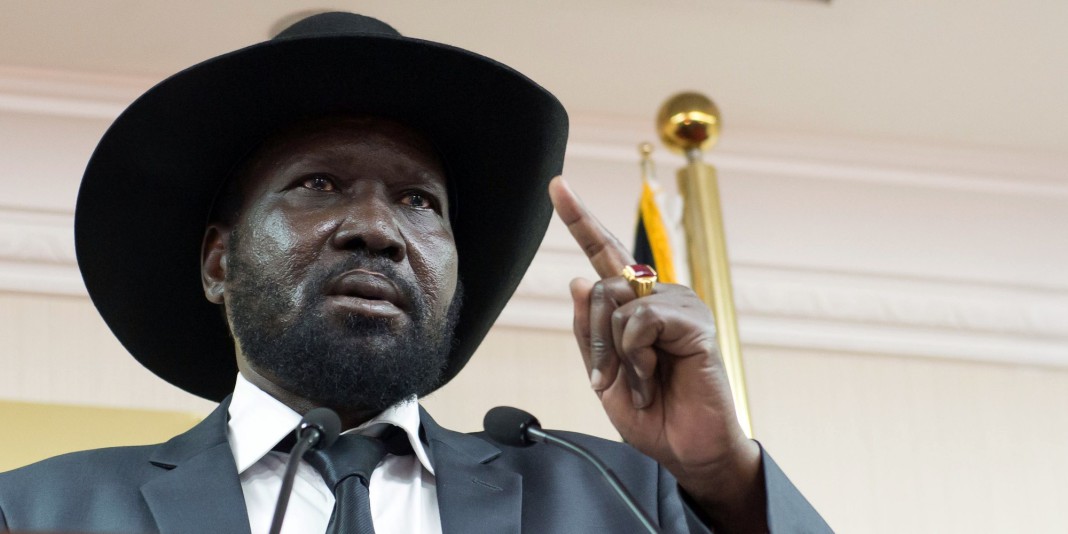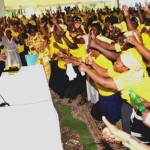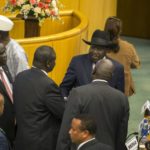An informal tribal advisory body for the South Sudanese President, Salva Kiir, the Jieng [Dinka] Council of Elders (JCE), has revealed that President Kiir recently acted in accordance with their proposal to appoint presidential advisers.
But they added that one of their recommendations to create a new position for a presidential assistant, besides the two vice presidents, was not yet acted upon by the President.
Justice Ambrose Ring Thiik, the chairman of the tribal Dinka organization, the Jieng Council of Elders, revealed that he and his group had recently recommended to President Kiir positions and names of individuals for appointment as presidential advisers.
President Kiir actually appointed 10 presidential advisers, but nobody was aware that the positions and names were proposed to him by the JCE.
But Thiik, a former Chief Justice of the Supreme Court of South Sudan, revealed that they recommended former deputy speaker, Daniel Awet Akot, to become the presidential assistant, but was instead appointed as presidential advisor for military affairs.
Speaking from Wau town of the newly created Wau state, or Western Bahr el Ghazal state, Thiik, said the council welcomed the appointment of presidential advisors but had preferred Daniel Awet Akot as assistant president.
“We proposed the creation of the post of presidential assistant and Daniel Awet Akot was one of the people we proposed to be appointed as a presidential assistant,” said Thiik in response to the question asking what the JCE thought of the appointment of the presidential advisers.
“But it is okay he is appointed if this is how the president sees it.”
The Jieng [Dinka] Council of Elders is a self-appointed body of intellectuals and senior politicians from the Dinka ethnic group, where President Kiir hails. They represent all Dinka major clans in Greater Bahr el Ghazal and in Greater Upper Nile regions.
JCE, according to their objectives, works for the interest of the Dinka ethnic group as well as for the national interest of the nation. It has been however blamed for some of the seemingly negative decisions President Kiir had allegedly made in the past.
The Council’s leadership in the past, for instance, revealed that they were behind the proposal of the controversial 28 states, which the President decreed into being on 2 October, 2015, in violation of the August 2015 peace agreement as they also attempted to annex to Dinka inhabited states lands from other neighbouring communities.
The Council members were also known for opposing the peace agreement, preferring to militarily crash the forces of the current First Vice President, Riek Machar.
The agreement is silent about presidential advisers and has not provided for their sharing, leaving the matter to the parties to agree on how to maintain the posts and how to fill them.
The JCE’s chairman, however told Sudan Tribune that the matter was a prerogative of the president to appoint the presidential advisers unilaterally, including individuals he wanted.
“The appointment of the advisers falls within the prerogative of the president and it should not be a big deal. They will be advising him in his capacity as the president and so it is him to decide who to appoint as his advisor. It cannot be a general issue,” Thiik explained.
He did not however explain as to why his JCE group proposed a position for Presidential Assistant which is not stipulated in the IGAD-brokered peace deal which ended 21 months of civil war.








